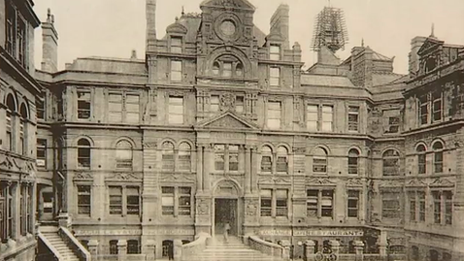Cardiff's Coal Exchange saved in £40m hotel revamp
- Published
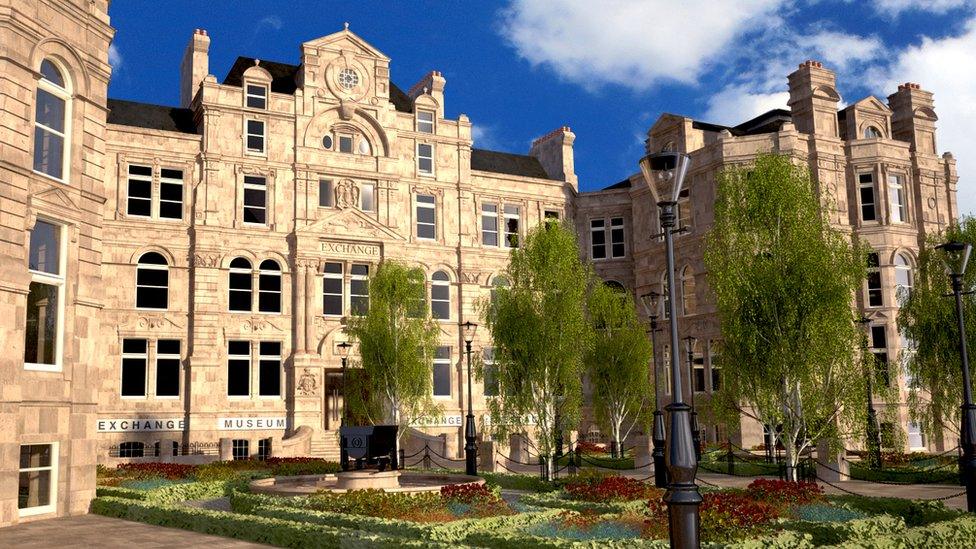
Cardiff's historical Coal Exchange building is set to be restored as part of £40m plans to convert it into a luxury 200-suite hotel.
The disused Grade II*-listed site will host weddings and conferences if granted planning consent.
About 100 construction jobs will be created when work starts and it will employ 60 staff once open.
Developer Signature Living said the building "once again will become the jewel in Cardiff's crown".
The redevelopment should take 18 months and the first phase is expected to open later this year.
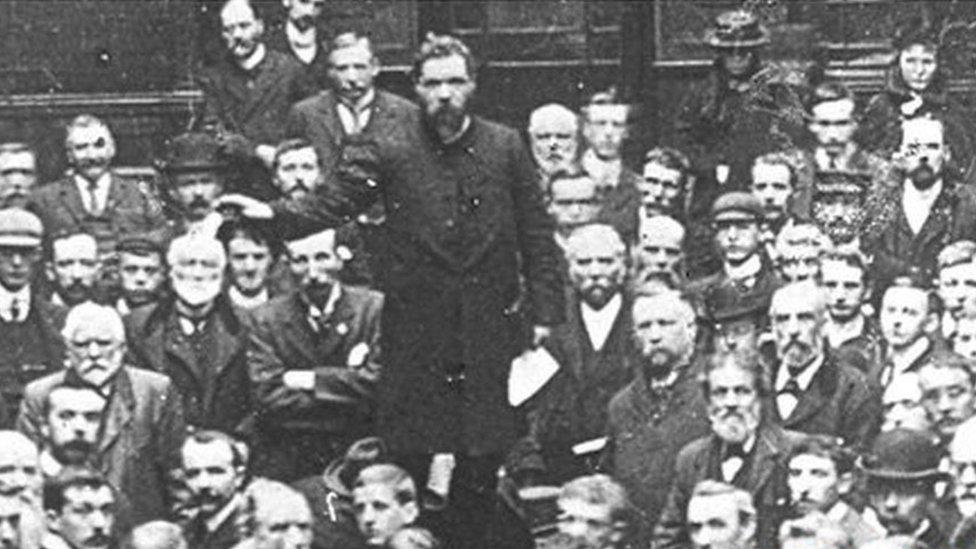
Coal owners, ship owners and their agents traded on the floor of the building
The Coal Exchange is regarded as one of the city's most significant historical buildings - it was where the first £1m cheque was signed - and there have been several failed bids to bring it back into use.
The project will see all its original features restored and a heritage area dedicated to its history created.
The deal ends years of uncertainty surrounding the future of site and the firm said it hoped its investment would further boost the regeneration of Cardiff Bay.
Signature Living co-founder, Lawrence Kenwright, said the firm's plan was a "credible and serious" one which was "hugely exciting for Cardiff".
"The Coal Exchange is a magnificent landmark building. Our plan to regenerate it will make it something that Cardiff can be proud of once again," he said.
Ian Hill, of campaign group Save the Coal Exchange, said members were excited about the plans but were keen for work to "start immediately, to stop further degradation".
He added: "The Cardiff Coal Exchange building is vast, which will take a considerable sum to develop in its entirety.
"The worry is that work will begin but to the parts in the best condition first, as they will bring the fastest return on investment, risking the future of the building once again."
Cardiff council said the works were subject to relevant planning and listed building consents.
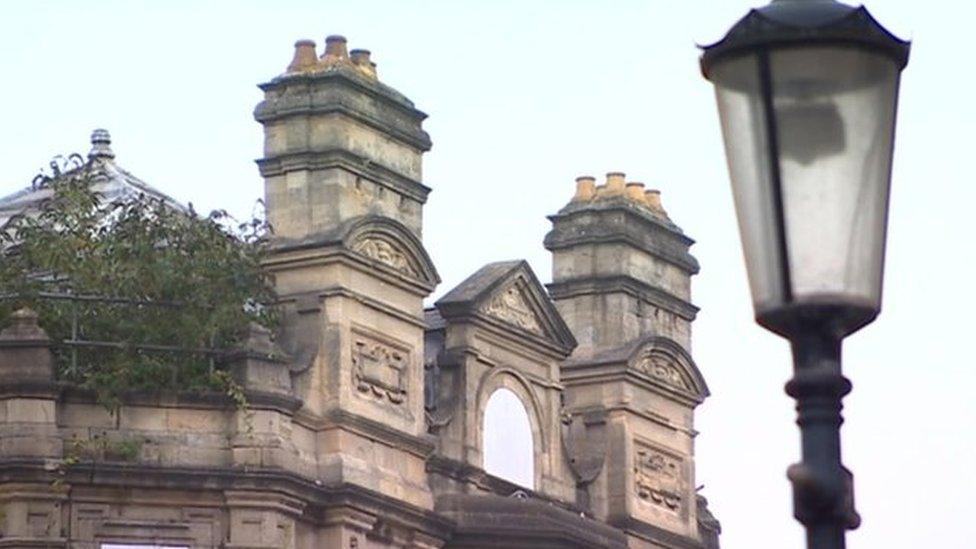
Much of the building has been boarded up in recent years after falling into disrepair

The Coal Exchange - a short history
Dates back to 1883 when Cardiff was at the centre of the coal trade
Coal merchants, ship owners and their agents met daily on the trading floor
At one time the price of the world's coal was determined there and in 1904 the world's first recorded £1m deal was struck there
Closed in 1958 after the decline of the coal industry in Cardiff
earmarked as a future home for the Welsh Assembly but that plan fell through after devolution was rejected in a 1979 referendum
In more recent years it has been used for concerts, dinners and other events
There were once plans for the exchange hall to be restored and a 1,300-seat banqueting hall, public square, office space and innovation centre developed
- Published23 September 2014
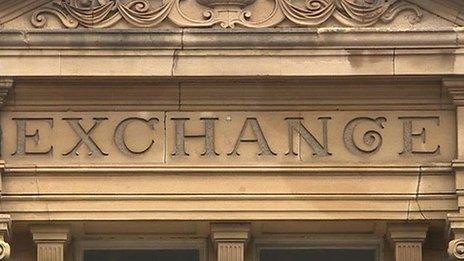
- Published21 May 2015

- Published3 September 2014
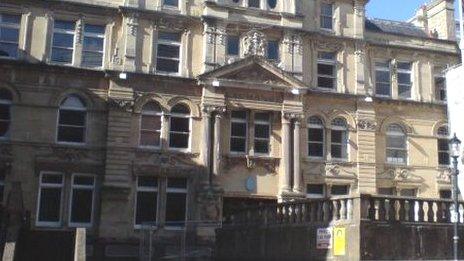
- Published10 May 2014
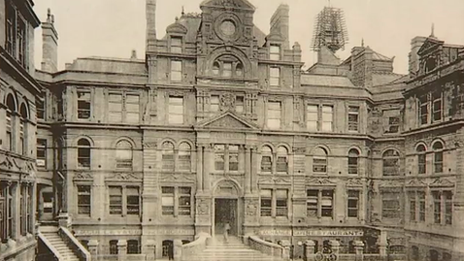
- Published19 April 2012
